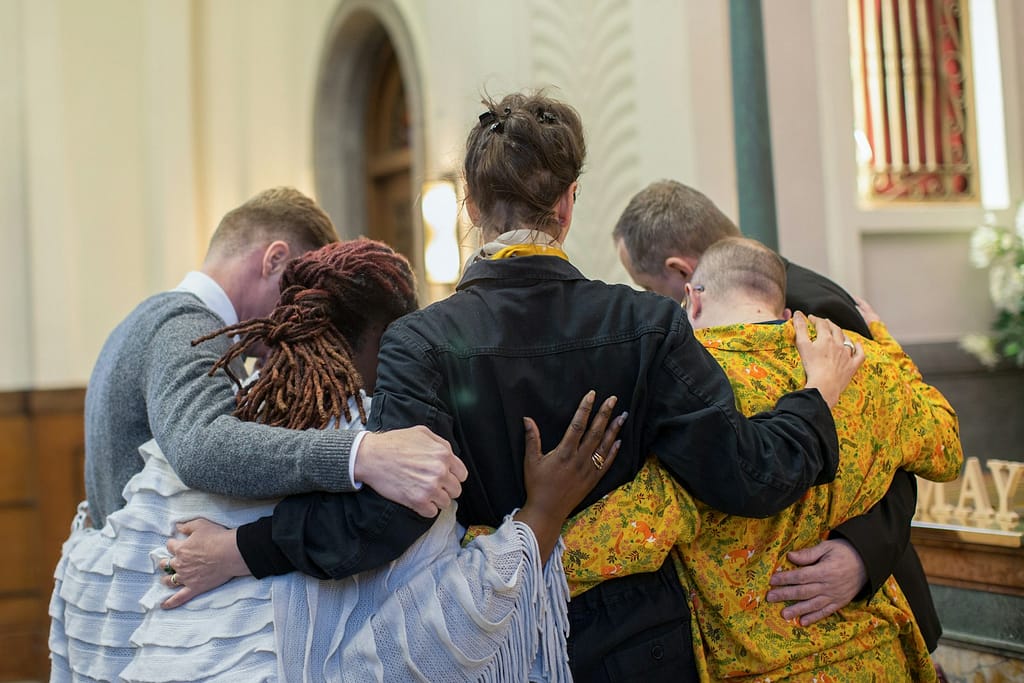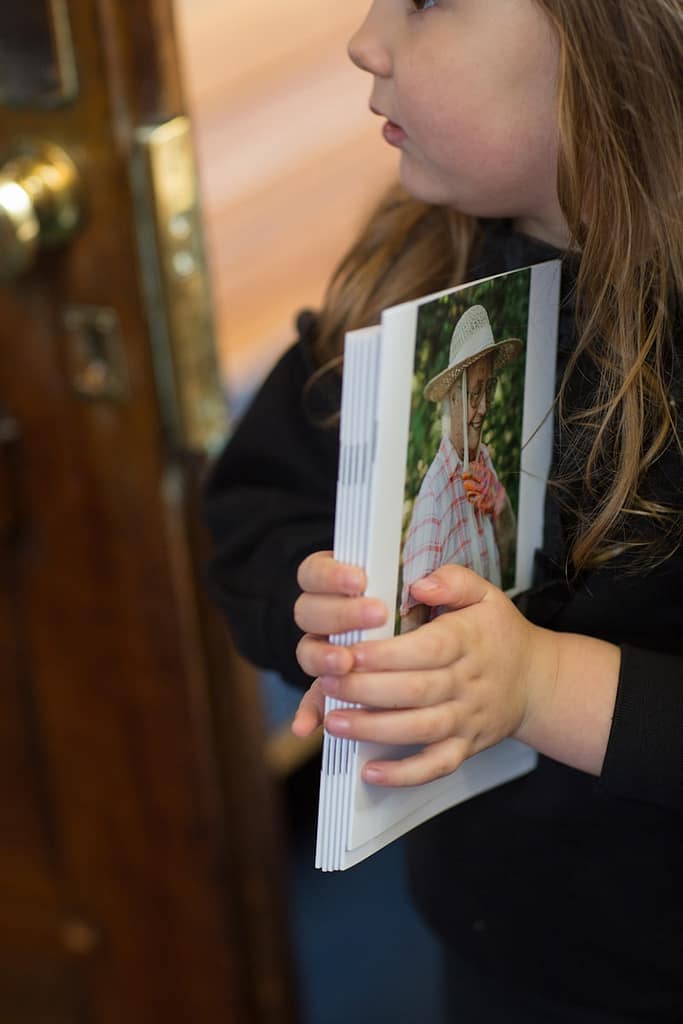Planning and attending a funeral is never easy, but it can be particularly challenging for families or individuals with additional support needs.
Your funeral arranger and celebrant should treat everyone with respect and dignity and be happy to accommodate the diverse needs of everyone attending.
Generally, the best way to include people is to discuss how to meet their needs right from the start of the funeral planning process.
Here are a few ideas of how your celebrant can support you to prepare for a funeral:
Setting up a Funeral Planning Meeting – You should be asked if anyone attending has accessibility needs, so that they can be included in the conversations. For example, the celebrant could bring simplified or large print questions.
Talk about Venue Accessibility – Your celebrant should tell you about the relevant accessibility features of the venue – such as ramps, disabled toilets or hearing loops.
See the Venue – Your celebrant can show you pictures or arrange for you to visit the venue before the funeral if that will help you to prepare for the day.
Know what will happen on the day – There are a lot of different choices for funeral service arrangements, which your celebrant will explain to you.
Organise Accommodations – Please talk with your celebrant about how best to include you in the funeral service. Here are a few examples –
- You can choose the best seating for you, such as beside a friend or family member, or at the end of the row of seats.
- You can be shown a quieter place to go to with someone you know if you might need this during the funeral.
- You can have audio descriptions for visual tributes.A signing or language interpreter can be arranged in advance.
- You can have a paper copy of the script if this is easier for you.
- You can bring comfort items – such as a toy, blanket or noise cancelling headphones.



Be Supported – Your celebrant can help you and your family/carers to find the support you need for understanding what happens at a funeral and how grief might affect you. This might be –
- Explaining death, grief and funerals – through picture or symbol-based booklets or online videos.
- Suggested links to experts and groups for resources, or for support on the phone, or in person.
Funerals are a difficult but important time to remember and say goodbye to someone we loved. Your celebrant is there to guide and include everyone because every person matters, especially when we are grieving and need the comfort and support of our family and friends around us.